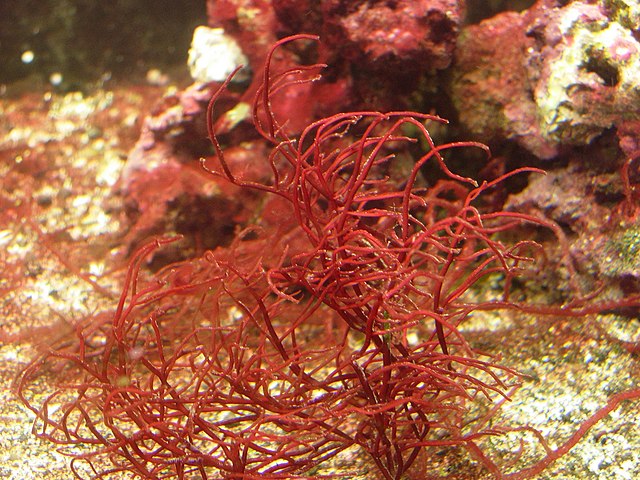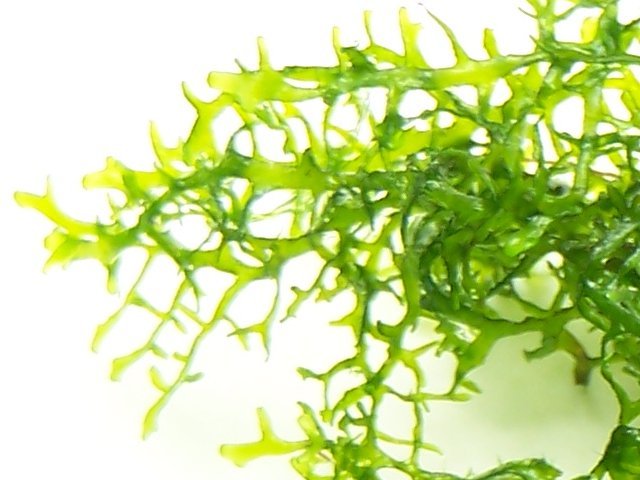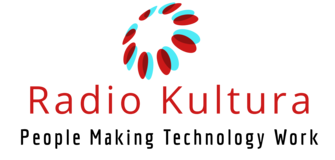
The thyroid, a small butterfly-shaped gland in the neck, plays a crucial role in regulating numerous body functions by producing hormones that influence metabolism, energy levels, and mood. When thyroid function is compromised, it can lead to a range of health issues, including fatigue, weight fluctuations, and mood imbalances. As more people seek natural remedies to support their health, sea moss has gained popularity for its potential benefits, including its role in supporting thyroid function. This article delves into how sea moss can help maintain a healthy thyroid, its nutritional profile, and practical ways to incorporate it into your diet.
What is Sea Moss?
Sea moss, also known as Irish moss, is a type of red algae that grows along the rocky Atlantic coasts of Europe, North America, and the Caribbean. Over the years, this nutrient-dense seaweed has been used in various traditional medicine practices, particularly in the Caribbean, for its healing properties. Sea moss is rich in essential minerals and vitamins that support overall health, including iodine, calcium, magnesium, zinc, and potassium. These nutrients are particularly valuable for thyroid health.
The Connection Between Sea Moss and Thyroid Function
The thyroid requires a variety of nutrients to function optimally. Among the most important is iodine, a mineral that is essential for the production of thyroid hormones. Iodine deficiency can lead to thyroid imbalances, including conditions like hypothyroidism (underactive thyroid) and goiter (enlarged thyroid). While iodine is often found in iodized salt, some regions and diets may not provide enough of this crucial mineral, making sea moss a valuable dietary addition.
Sea moss contains natural iodine, making it one of the best plant-based sources for this nutrient. By providing iodine, sea moss can help support the production of thyroid hormones like thyroxine (T4) and triiodothyronine (T3). These hormones regulate various body functions, including temperature control, metabolism, and heart rate. When thyroid hormone levels are balanced, the body functions more efficiently, leading to increased energy levels, improved metabolism, and better mood regulation.
Other Nutrients in Sea Moss That Support Thyroid Health
In addition to iodine, sea moss is packed with other nutrients that can support thyroid health. Here are some key components that contribute to its effectiveness:
Magnesium: Magnesium is involved in over 300 biochemical reactions in the body, including those related to energy production and muscle function. It also supports the adrenal glands, which help manage the body’s stress response. Stress can impact thyroid function, so maintaining adequate magnesium levels can help reduce the negative effects of stress on the thyroid.
Zinc: Zinc plays a critical role in thyroid hormone production. Studies have shown that zinc deficiency can impair thyroid function, leading to symptoms like fatigue and reduced immune function. Sea moss is a good source of zinc, helping to maintain healthy thyroid hormone levels and boosting the immune system.
Selenium: Selenium is another essential mineral that supports thyroid health. It is involved in the conversion of T4 (inactive thyroid hormone) to T3 (active thyroid hormone), a process that is crucial for metabolism regulation. Sea moss contains small amounts of selenium, which can help improve the conversion of thyroid hormones, ensuring they are active and able to perform their functions.
Vitamin C: Vitamin C is a powerful antioxidant that supports the immune system and reduces oxidative stress. Oxidative stress can damage thyroid cells and interfere with thyroid hormone production. By including sea moss in your diet, you are also adding a dose of vitamin C, which can help protect the thyroid from this damage.
Omega-3 Fatty Acids: Sea moss contains essential fatty acids, such as omega-3s, which are known for their anti-inflammatory properties. Chronic inflammation can disrupt thyroid function, and omega-3s help reduce this inflammation, promoting optimal thyroid health.
Sea Moss and Hypothyroidism
Hypothyroidism, or an underactive thyroid, is one of the most common thyroid disorders. It occurs when the thyroid gland doesn’t produce enough thyroid hormones, leading to symptoms like fatigue, weight gain, depression, and dry skin. While hypothyroidism is often treated with synthetic thyroid hormone replacement, many people turn to natural remedies like sea moss to help support their thyroid function.
Because sea moss contains iodine and other essential nutrients, it may help promote thyroid health by supporting hormone production. However, it’s important to note that sea moss should not be used as a replacement for medication prescribed by a doctor.

Sea Moss and Hyperthyroidism
Hyperthyroidism is the opposite of hypothyroidism, characterized by an overactive thyroid that produces too many thyroid hormones. This can lead to symptoms like weight loss, increased heart rate, and anxiety. Managing hyperthyroidism often requires medication or other medical interventions to reduce thyroid hormone production.
While top sea moss can support overall thyroid health, individuals with hyperthyroidism should be cautious about consuming large amounts of iodine. Excessive iodine intake can potentially exacerbate hyperthyroidism by further stimulating thyroid hormone production. It’s crucial to consult with a healthcare professional before incorporating top sea moss or any iodine-rich food into the diet if you have hyperthyroidism.
How to Incorporate Sea Moss into Your Diet
If you’re interested in adding sea moss to your diet to support thyroid function, there are a few ways to do so. Sea moss is available in several forms, including dried, gel, powder, and capsules. Here are some practical ways to incorporate sea moss into your routine:
Sea Moss Gel: The most popular form of sea moss is the gel, which can be easily added to smoothies, teas, soups, or even applied to the skin as a face mask. You can purchase sea moss gel or make your own by soaking dried sea moss in water, blending it, and storing it in the fridge.
Sea Moss Powder: Sea moss powder is another convenient option that can be mixed into beverages, smoothies, or baked goods. It’s a great way to get the benefits of sea moss without the need to prepare a gel.
Sea Moss Capsules: If you prefer a more straightforward approach, sea moss capsules or tablets are available.
Sea Moss in Cooking: Dried sea moss can be added to soups, stews, or teas for an extra nutritional boost. It has a neutral flavor, so it won’t alter the taste of your food.
Final Thoughts
Sea moss is a nutrient-packed superfood that can play a significant role in supporting thyroid function. With its high iodine content and other essential nutrients like magnesium, zinc, selenium, and vitamin C, sea moss offers a natural way to support a healthy thyroid and overall wellness. However, it’s important to remember that sea moss should complement, not replace, any medical treatment for thyroid conditions. Always consult with a healthcare provider before making any significant changes to your diet, especially if you have a thyroid condition. By incorporating sea moss into your diet thoughtfully, you can harness its potential to support your thyroid health and overall well-being.





